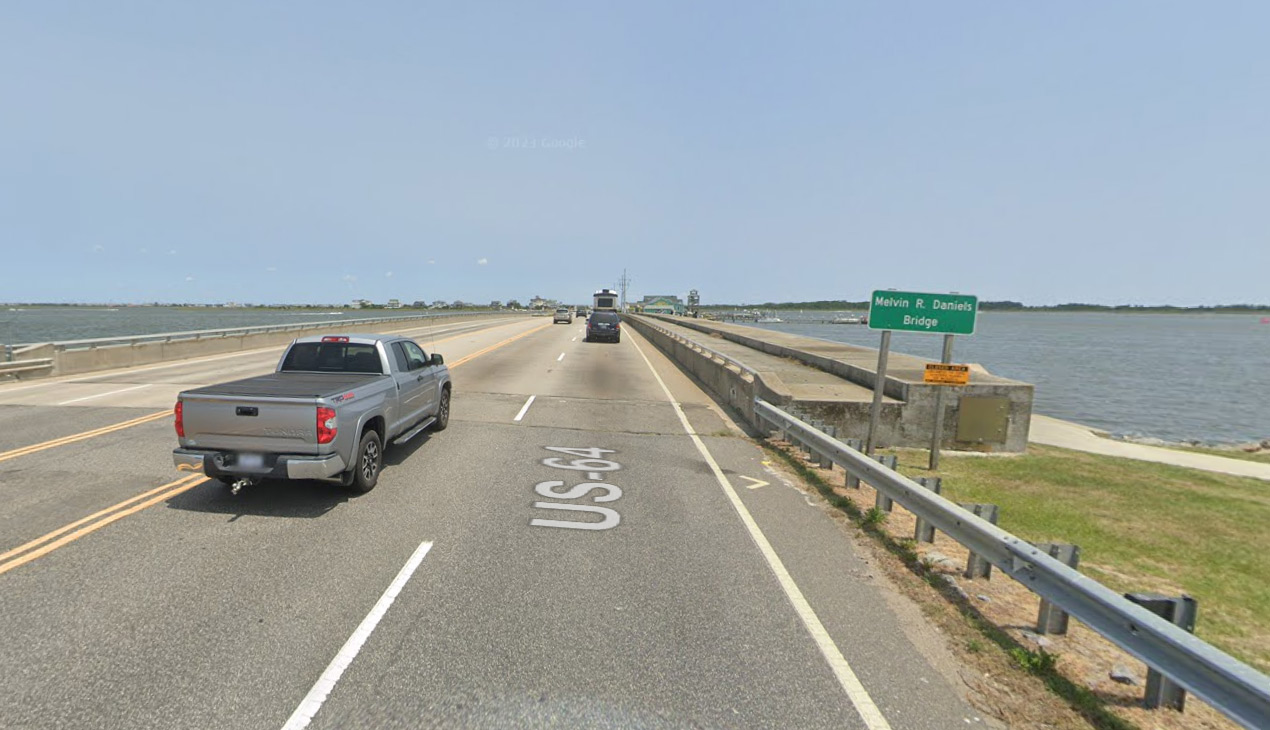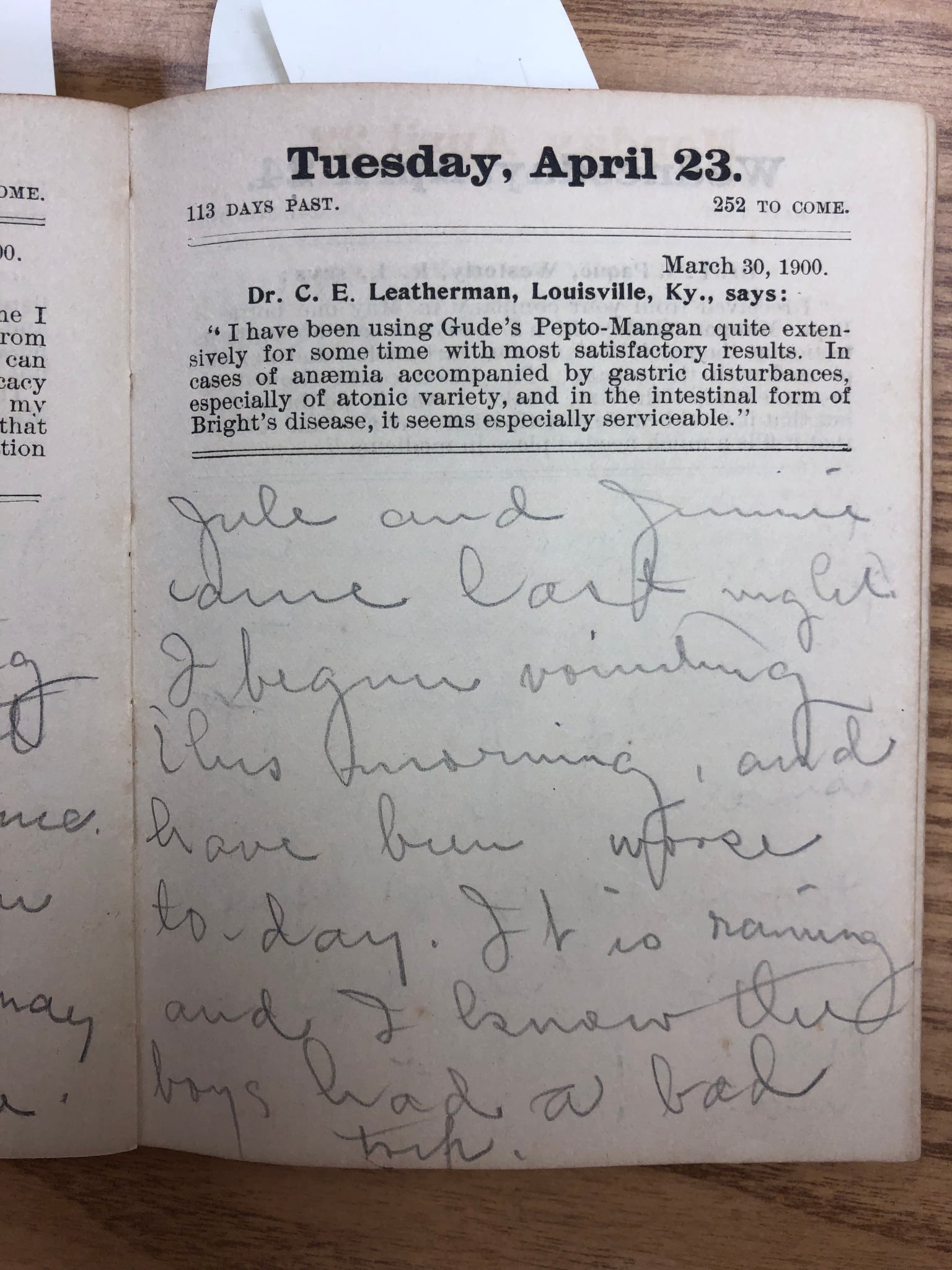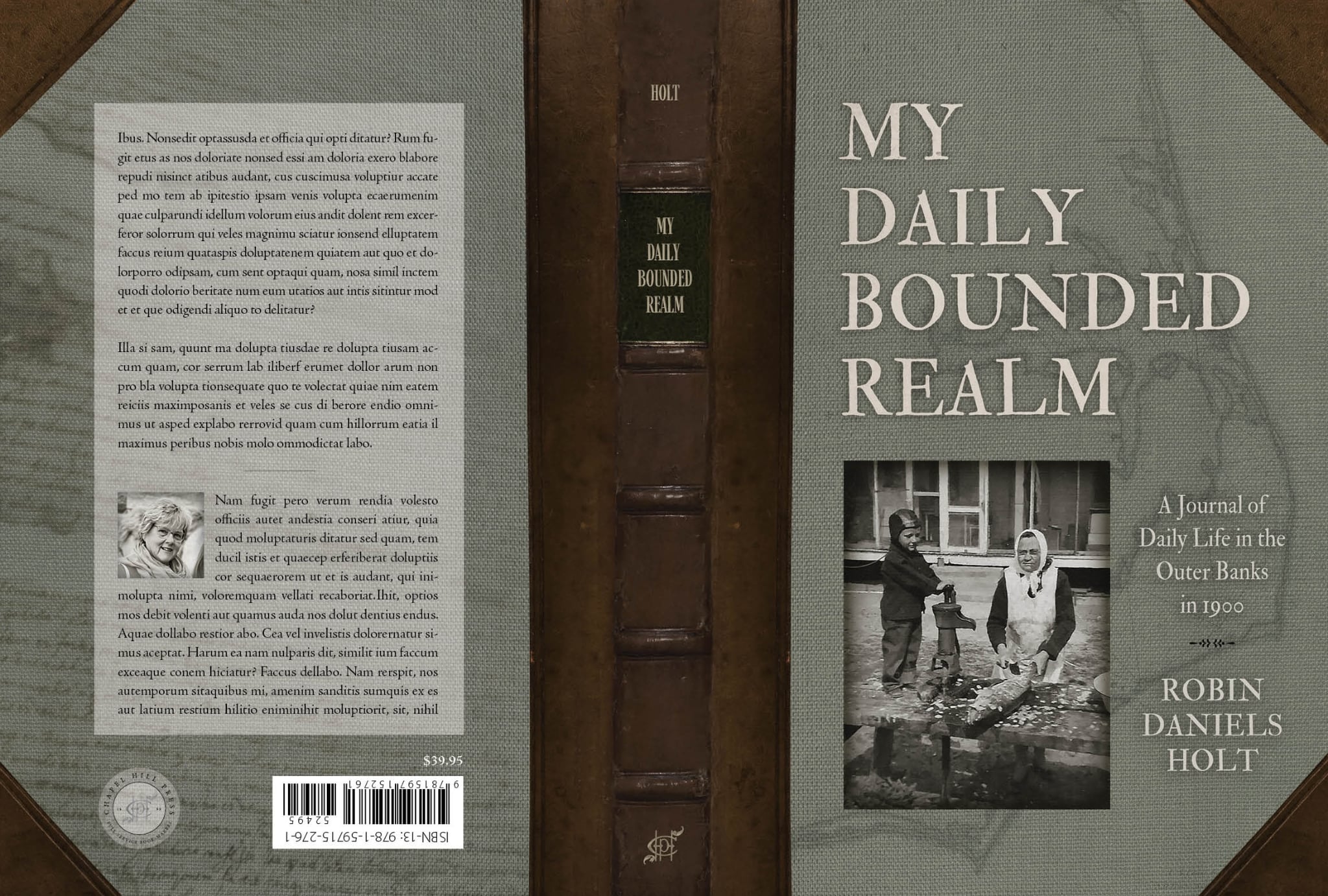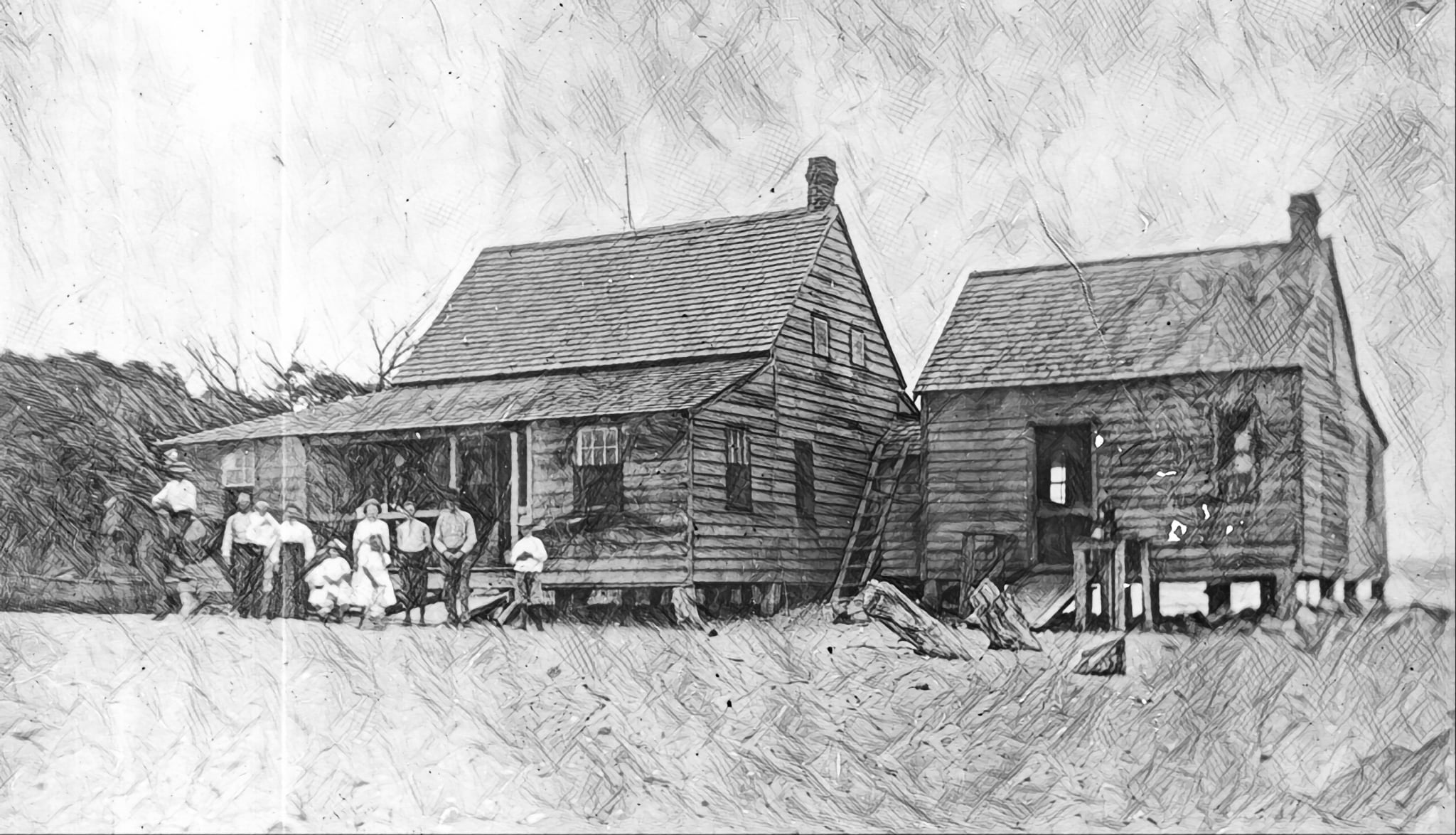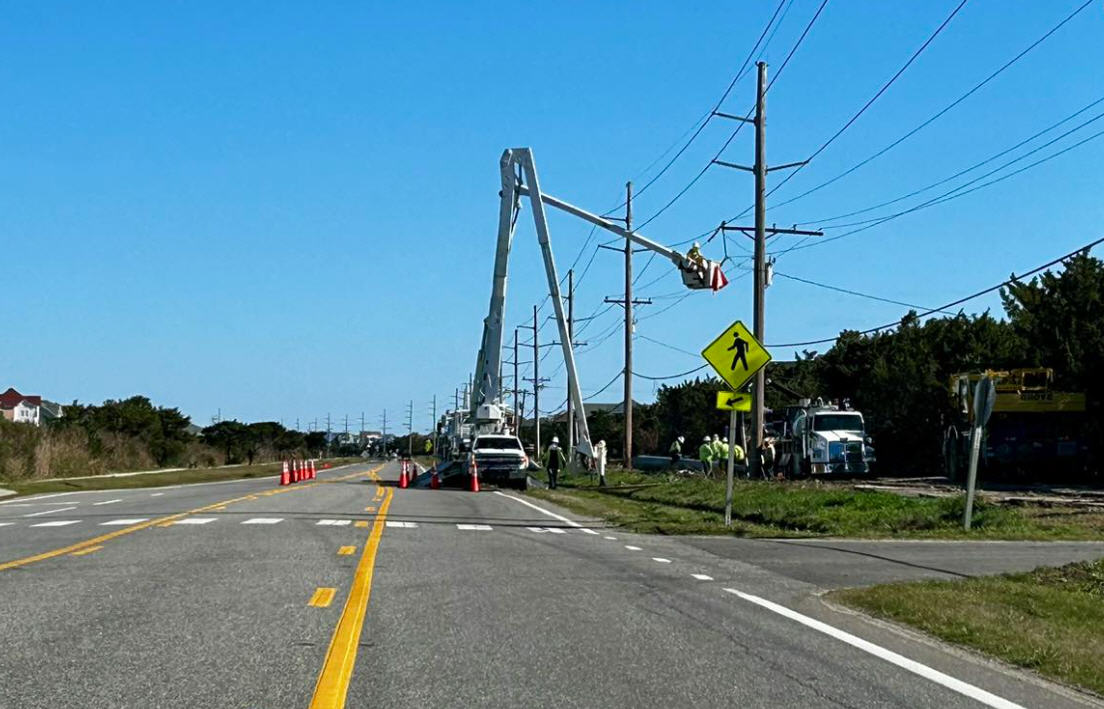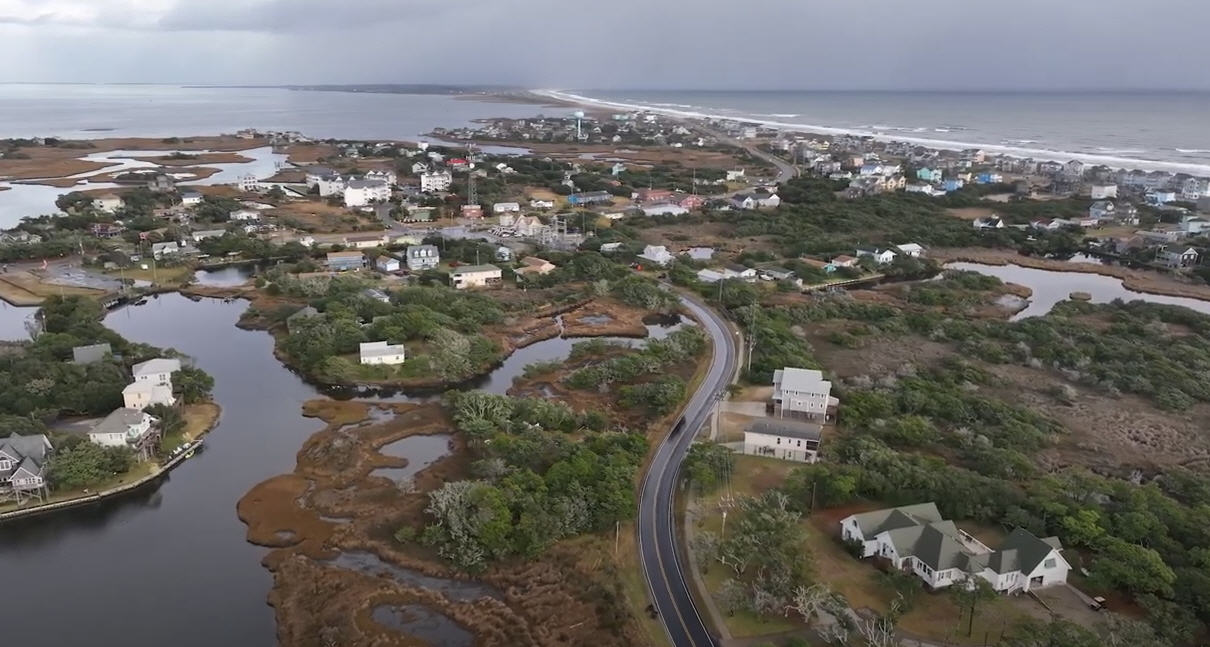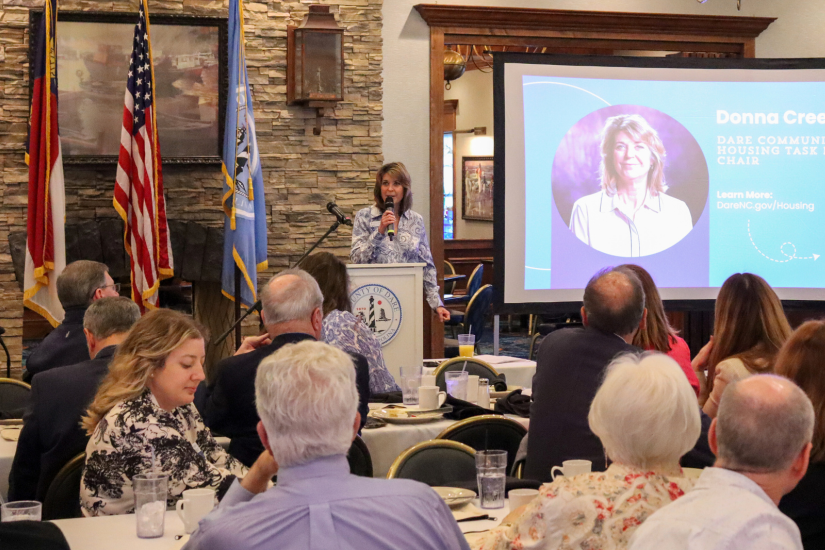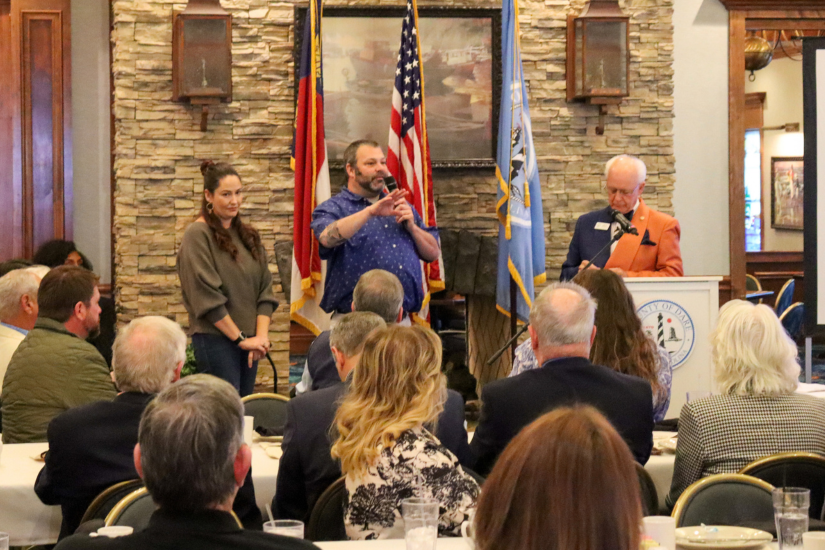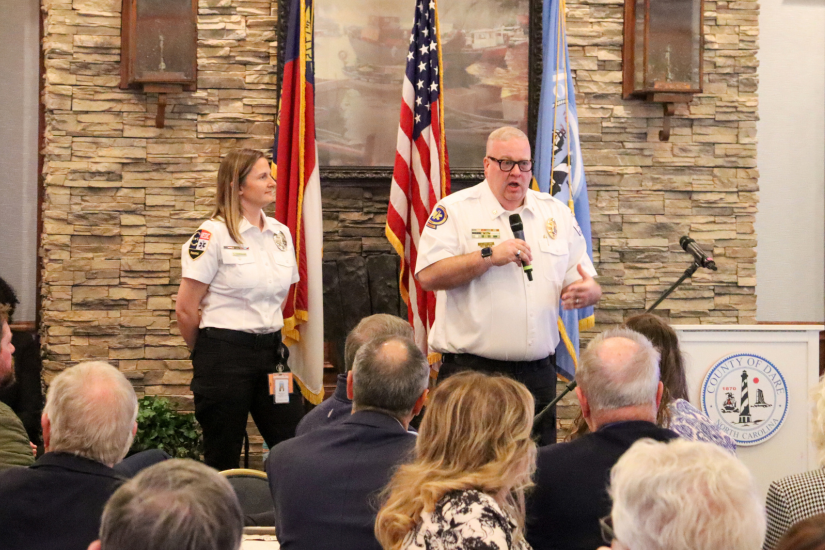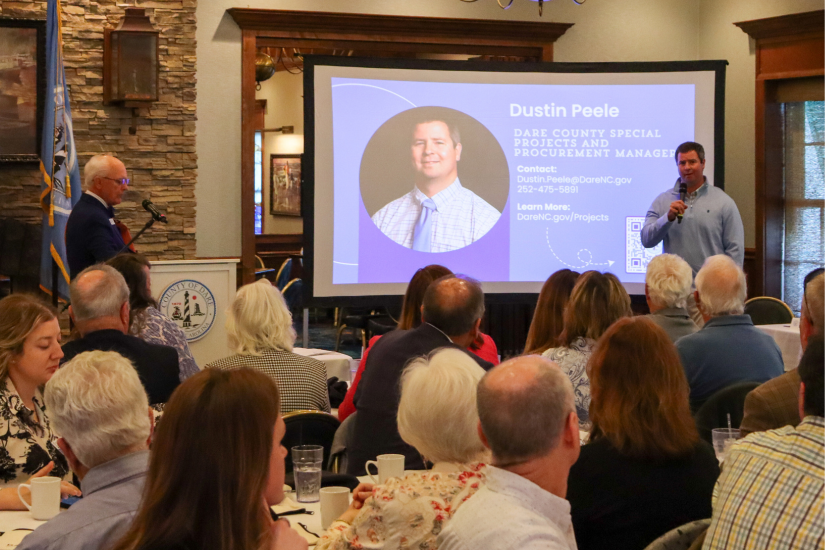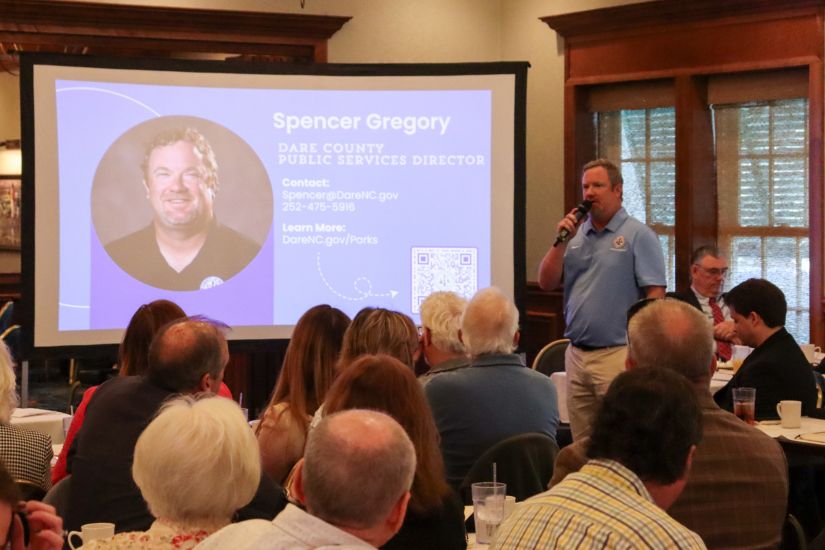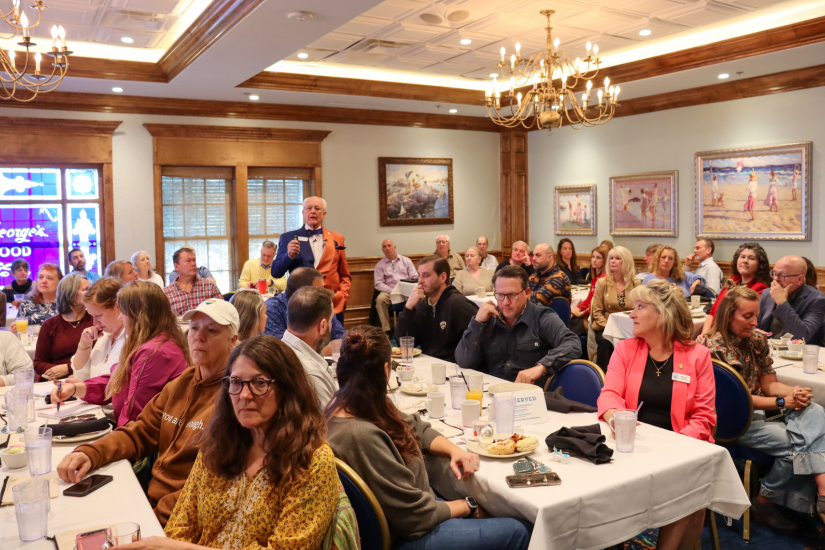Bill introduced to give N.C. Ferry System access to federal grant funds
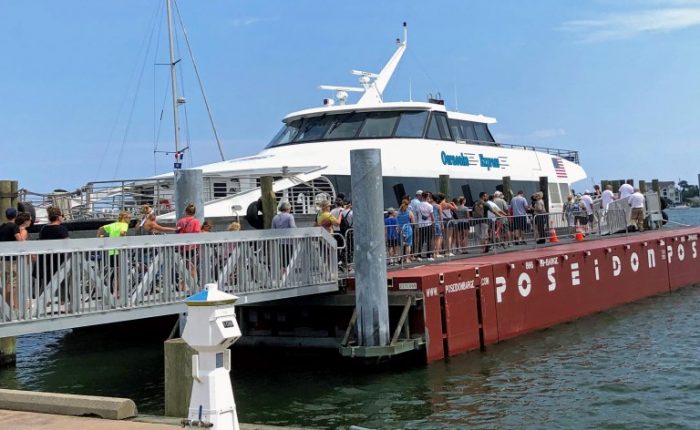
A new bill was introduced on November 18 in the U.S. House of Representatives that would allow the North Carolina Ferry System to compete for federal funds that have historically only been available for ferries in urban areas of the country.
The “Rural Ferries Fairness Act” would make North Carolina ferries eligible for U.S. Department of Transportation (DOT) Section 5307 Ferry Grant funds by removing the urbanized requirement.
The bill was introduced by Congressman David Rouzer (NC-07) and Congressman G. K. Butterfield (NC-01), and was co-sponsored by Congressman Greg Murphy (NC-03) and Congressman David Price (NC-04).
North Carolina’s ferry system is the second largest state-run ferry system in the U.S, consisting of 21 ferries with everyday service on seven regular routes across the Currituck and Pamlico sounds, as well as the Cape Fear, Neuse, and Pamlico rivers. North Carolina ferries serve 800,000 vehicles and 1.8 million passengers each year.
The U.S. Department of Transportation (DOT) Passenger Ferry Grant program (49 U.S.C. 5307(h)) provides competitive funding for projects that support passenger ferry systems in urbanized areas, but none of the ferries in North Carolina meet the urbanized qualification. The Rural Ferries Fairness Act aims to remove the urban area requirement in order for the state’s ferry system to potentially benefit from the DOT Passenger Ferry Grant program
“North Carolina ferries are critical for those who live, work, and vacation in our coastal communities,” said Rep. Rouzer. “They also serve as a lifeline for evacuating thousands of people ahead of dangerous storms and hurricanes. As the second largest state-run ferry system in the country, there is no reason North Carolina should be excluded from competing for critical investments to improve ferry service, safety, and efficiency. I’m proud to introduce this legislation to establish parity for our ferry system so they can continue to meet our state’s transportation needs.”
“I am proud to support Congressman Rouzer’s bill that will ensure North Carolina’s ferry system has access to federal funds that will allow it to continue providing safe and reliable transportation to North Carolinians and visitors to our coastal communities,” said Rep. Butterfield. “The North Carolina ferry system plays an integral role in helping commuters get to work and school and tourists to our world-renowned beaches and vacation destinations. For some North Carolina communities, ferries are as important as cars or trains and I am happy to help get federal grant funding to support this critical transportation infrastructure for our state.”
“Rep. Rouzer and I are fortunate to share representation of the Eastern coastline of North Carolina, which we boast as one of the most beautiful parts of our country,” said Rep. Murphy. “While roads and bridges help connect our communities on land, ferries are the true maritime crossroads of our districts. They help keep Eastern North Carolina connected, competitive, and intrinsically coastal. Without ferries, our constituents simply wouldn’t be able to enjoy all of North Carolina’s nautical environment and ecosystem. I am proud to support Rep. Rouzer’s legislation to remove excessive red tape and allow our North Carolina ferries to compete for much-needed grants that will bolster our economy.”
“While urban ferry systems receive some federal support, North Carolina’s ferry system operates in rural communities and, as such, does not enjoy such support,” said State Transportation Secretary Eric Boyette. “As one of the nation’s largest public ferry operators, we are grateful to Congressmen Rouzer, Price, Butterfield and Murphy for exploring new federal funding opportunities that would better support the important role our state’s ferry system plays for the 1.6 million citizens each year who depend on this transportation lifeline to get to schools, jobs, appointments and tourist destinations.”
The bill was referred to the House Committee on Transportation and Infrastructure on November 18. For more information on the bill and to keep tabs on future actions, click here.




